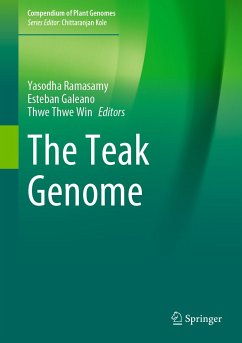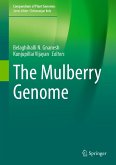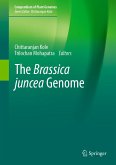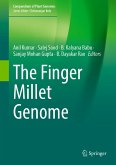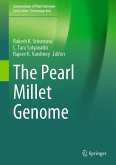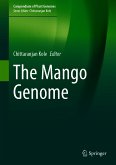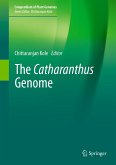This book is the first comprehensive compilation of knowledge on teak biology, ecology, clonal forestry, clonal registration, seed biology, and seed orchards. The teak genetic diversity, the sequenced genome, and transcriptomes from different tissues and their implications in modern tree improvement and material selection have been comprehensively discussed. The book also presents a narrative on wood characterization, wood chemistry, modern silviculture, growth and modelling, and economics of this valued tropical species. Altogether, the book contains about 200 pages over 16 chapters authored by globally reputed experts on the relevant field in this tropical tree. This book is useful to students, teachers, and scientists, and wood-based industries are interested in forestry, biology, seed orchards, breeding, genetic diversity, molecular genetics, in vitro culture, wood chemistry, and structural and functional genomics.¿
Dieser Download kann aus rechtlichen Gründen nur mit Rechnungsadresse in A, B, BG, CY, CZ, D, DK, EW, E, FIN, F, GR, HR, H, IRL, I, LT, L, LR, M, NL, PL, P, R, S, SLO, SK ausgeliefert werden.

